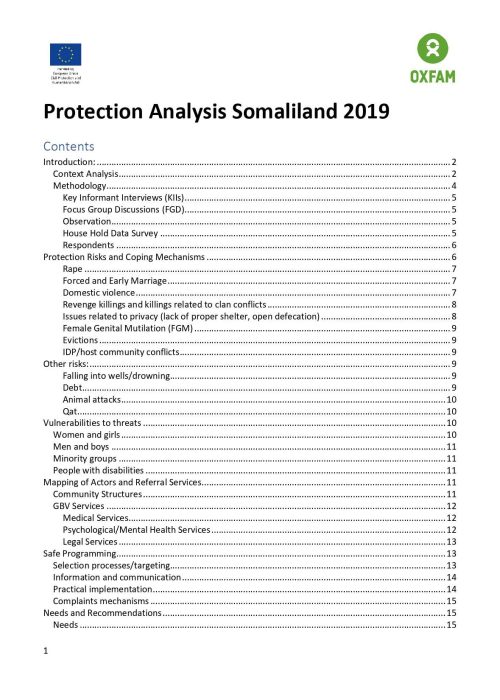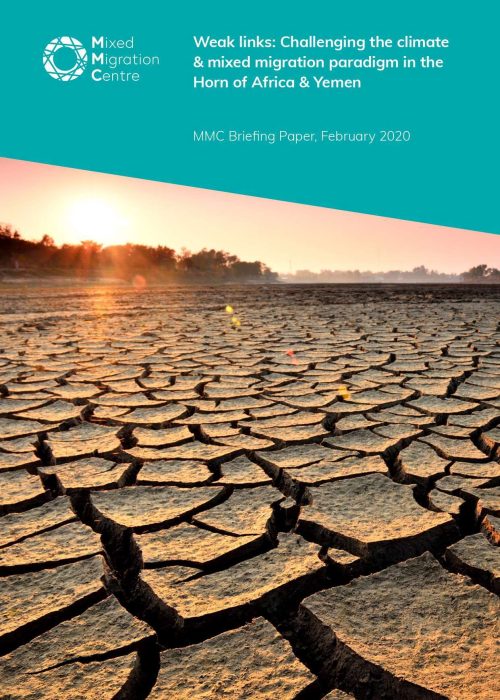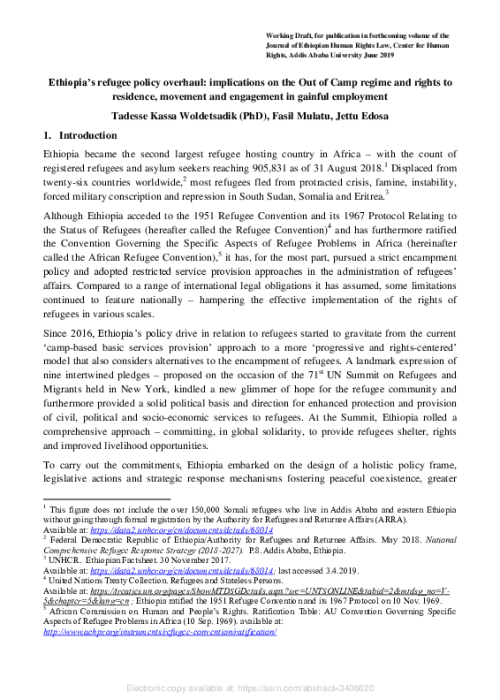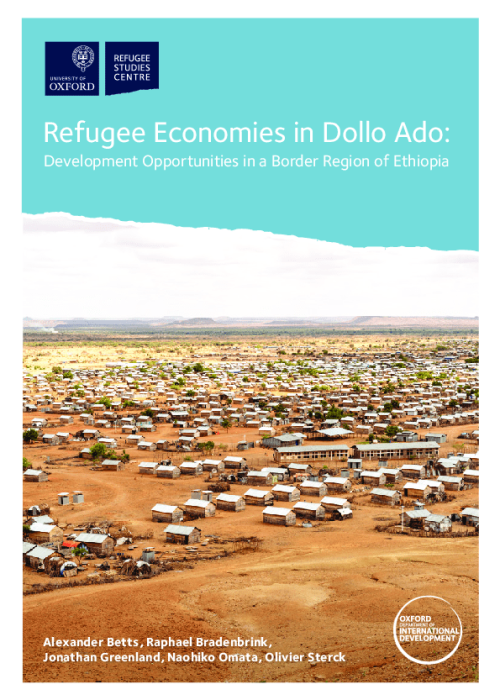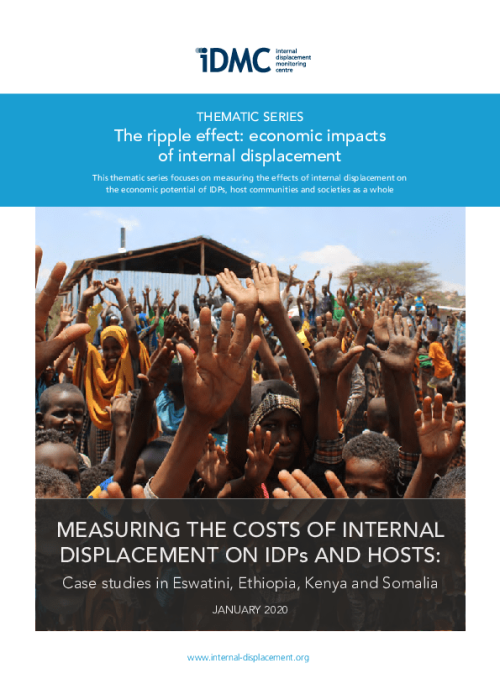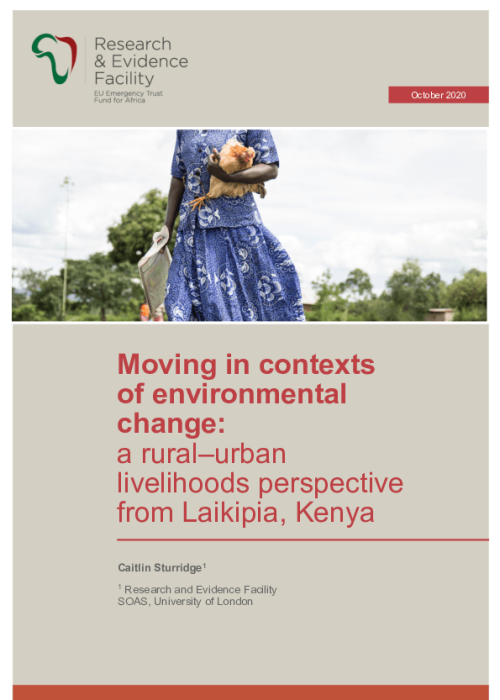The Solutions Analysis is review of the durable solutions framework for refugees in Uganda, conducted by the Regional Durable Solutions Secretariat (ReDSS) in 2016. The review uses 30 indicators organized around physical, material and legal safety to assess the conditions for local integration of refugees in Uganda, compared to the host community and the national average. The review is based on qualitative research, including a desk review, interviews, focus group discussions and validation workshops with various stakeholders, such as government, UN agencies, NGOs, donors, refugees and host communities.
The review finds that Uganda has a generous and exemplary policy environment for refugees, granting them freedom of movement, access to land, right to work, and inclusion in national development plans. However, the review also identifies some gaps and challenges in the implementation of these policies, such as lack of data and information, lack of clear focal points and coordination mechanisms, lack of access to documentation and justice, lack of livelihood opportunities and social services, and lack of path to permanent residency or citizenship. The review also notes that the majority of refugees in Uganda live in a state of limbo, with de-facto local integration being the default reality, but without adequate support to achieve self-reliance and dignity.

